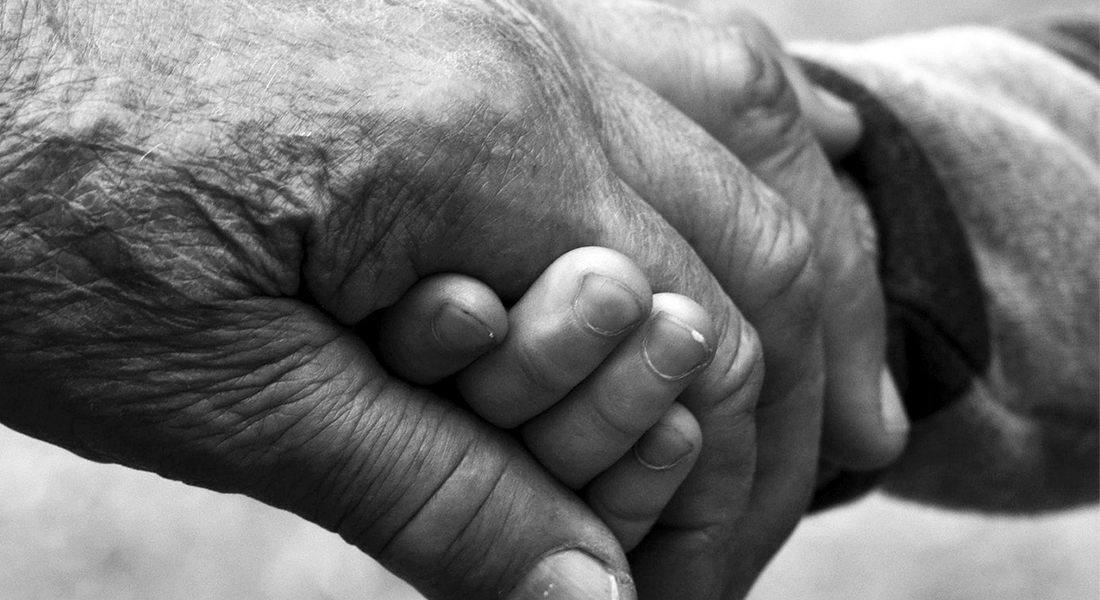AMICI - Amici Curiae in International Human Rights Courts

Civil society actors are lauded as central in setting and advancing human rights, and regularly engage with human rights courts (HRC) to influence the scope of rights protection. Increasingly, this includes when acting as ‘friends of court’ - or ‘amici curiae’ - through third party interventions (TPIs) in disputes between states and victims of human rights abuses. Anecdotal evidence suggests TPIs may affect HRCs’ outcomes, yet at present we lack comprehensive, systematic analysis and empirical evidence of how they do so. AMICI seeks to address this gap. It constructs a dataset of decisions with third-party interventions to investigate the role of third-party interveners and interventions on the behaviour of international human rights courts.
Civil society actors are lauded as central in setting and advancing human rights, and regularly engage with human rights courts (HRC) to influence the scope of rights protection. Increasingly, this includes when acting as ‘friends of court’—or ‘amici curiae’—through third party interventions (TPIs) in disputes between states and victims of human rights abuses. Anecdotal evidence suggests TPIs may affect HRCs’ outcomes, yet at present we lack comprehensive, systematic analysis and empirical evidence of how they do so. AMICI seeks to address this gap. It constructs a dataset of decisions with third-party interventions to investigate the role of third-party interveners and interventions on the bevhaviour of international human rights courts.
AMICI conducts a multi-level examination of the role of third-party interventions in cases before the European Court of Human Rights (ECtHR) and the United Nations Treaty Bodies (UNTBs) – human rights courts (HRC) combined. The project is structured around four complementary research questions:
-
Who are the third-party interveners in human rights courts?
-
How do these actors seek influence through third party interventions?
-
What are the effects of third-interventions on the behaviour of human rights courts and on human rights law?
-
What fuels human rights courts’ openness to third-party interventions?
To respond to RQ1-4, AMICI consists of four inter-connected work packages:
-
WP1 maps the actors behind third-party interventions in HRCs
-
WP2 analyses strategies of third-party interveners
-
WP3 gauges the impact and transformative power of third-party interventions on HRCs behaviour and outcomes
-
As the decision to allow or deny a TPI rests with the HRC, WP4 explains HRCs’ practices on TPIs
A multidisciplinary research agenda lauds NGOs as foundational to the depth and breadth of European human rights protection. At the same time existing research highlights an increased presence of conservative groups and foreign private funds in the human rights system. It is against this background that AMICI seeks to empirical map the actors who seeks influence on human rights law through submission of third party interventions, the strategies they adopt and the effect of their interventions. By adopting an interdisciplinary approach and employing both quantitative and qualitative methods of analysis, AMICI contributes critical, empirically grounded knowledge on the role of TPIs in shaping human rights law.
Researchers
| Name | Title | |
|---|---|---|
| Anna Madei | Research Assistant |
|
| Ergun Cakal | Postdoc |
|
| Helga Molbæk-Steensig | Postdoc Marie Curie |
|
| Maya Diekmann | PhD Fellow |
|
| Mitali Agrawal | PhD Fellow |
|
| Ula Aleksandra Kos | Postdoc |
|
| Zuzanna Godzimirska | Associate Professor |
|
Affiliated researchers
| Name | Title | |
|---|---|---|
| Estefania Giaccone | Ph.D. candidate at Faculty of Law at the University of Buenos Aires |  |
| Ezgi Yildiz | Assistant Professor, Bowdoin College |  |
| Francisco Rivera Juaristi | Professor and Director, International Human Rights Clinic |  |
| Hannah Katz | PhD student, University of Haifa |  |
| Işil Kurnaz | PhD student, Scuola Superiore Sant’Anna |  |
| Maria Jose Luque Macias | Senior researcher, Ghent University |  |
| Senior project officer, European Law Institute (ELI) |  |
|


